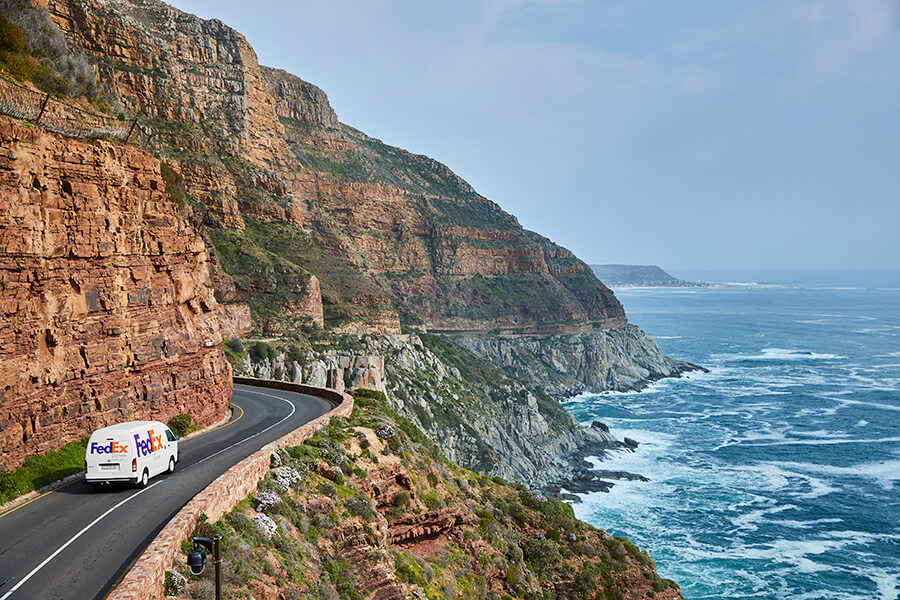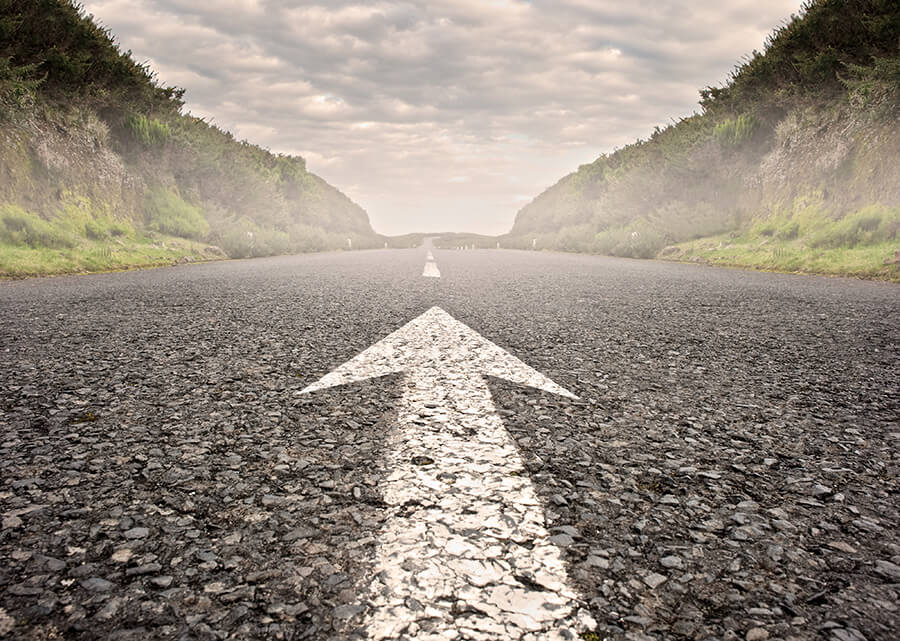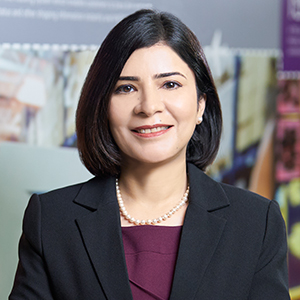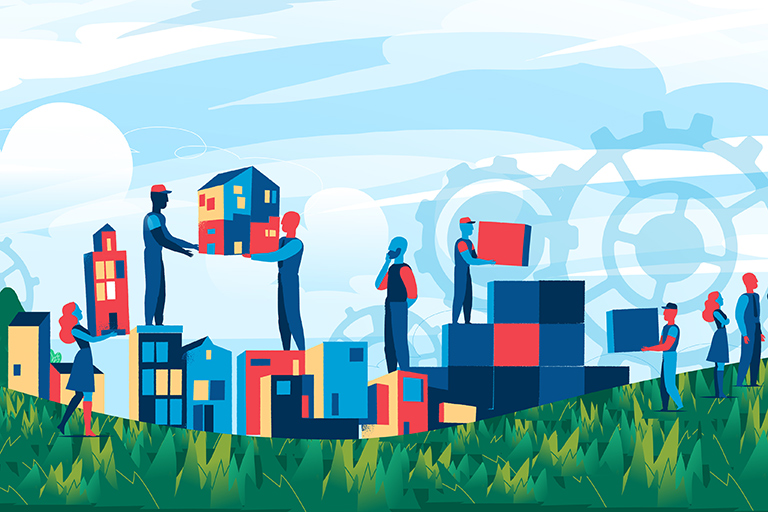Sustainable E-Commerce: The Time Is Now
In making sustainable e-commerce a reality, the conversation is no longer about why. It’s how and when we combine strategy and action to drive positive environmental policy for a greener future.
Some actions keep the world moving, and some actions work to protect its future. COVID-19 has proven this – and shown just how essential global trade is to our future. Of course, air express helped our world combat the crisis, keeping critical supply chains open to make sure much-needed goods were delivered, from personal protective equipment (PPE) to vaccine supplies.
At the same time, we’ve seen just how critical our industry is in accommodating the massive growth of e-commerce and meeting fast-changing consumer demands.
At the same time, we’ve seen just how critical our industry is in accommodating the massive growth of e-commerce and meeting fast-changing consumer demands.

But there’s another essential consideration we are facing. Achieving true sustainability in global e-commerce means connecting the planet responsibly and resourcefully. This a significant endeavor, especially as demand for e-commerce and international air express will continue for the foreseeable future. Our view is that strategy, combined with strong action, is the way global commerce will navigate its way to a cleaner future.
AMEA has a crucial role in what’s next
The Asia, Africa and Middle East (AMEA) region has a crucial role to play in making that happen - with its vast e-commerce market, large population of digital natives, and two of the world’s fastest-growing nations in China and India.
Despite threats of a global recession, South East Asia is forecasted to remain a bright spot with growth well ahead of that of the U.S and Europe. Though current economic pressures mean regional growth has slowed, the region is leading the revolution in cross-border e-commerce. Asia’s e-commerce market is tipped to reach US$2.09 trillion in revenue by the end of 2022. At FedEx, e-commerce is driving significant growth. So exactly how Asia Pacific pursues a sustainable future will have a far-reaching impact beyond this part of the world.
Governments are stepping up targets to reduce emissions and Asia is already making progress on sustainability. Japan leads APAC in sustainable trade policies which advance environmental measures. They’re followed by Singapore, Hong Kong, and South Korea.
What’s more, the acceleration of digital innovation during the pandemic has been good for the environment. Online shopping, paperless transactions, and contactless delivery are changing lives and habits for the better. In our view, building our business to serve cross-border commerce of this scale in a sustainable way requires bold vision - with a clear goal and commitment to innovation.
Ambition and action in equal measure
Achieving true sustainability in aviation has long proven to be an intractable problem. Right now, there are few viable alternatives to replace carbon-based jet fuels. Even so, there is still much we can do. As a company, we’re setting global goals that are ambitious but realistic, wide-ranging and achievable.
One of the goals we’ve set is to make our global operations carbon neutral by 2040. That’s no small feat given our industry and scale. It will outpace goals set by the Paris Climate Agreement by a decade.
AMEA has a crucial role in what’s next
The Asia, Africa and Middle East (AMEA) region has a crucial role to play in making that happen - with its vast e-commerce market, large population of digital natives, and two of the world’s fastest-growing nations in China and India.
Despite threats of a global recession, South East Asia is forecasted to remain a bright spot with growth well ahead of that of the U.S and Europe. Though current economic pressures mean regional growth has slowed, the region is leading the revolution in cross-border e-commerce. Asia’s e-commerce market is tipped to reach US$2.09 trillion in revenue by the end of 2022. At FedEx, e-commerce is driving significant growth. So exactly how Asia Pacific pursues a sustainable future will have a far-reaching impact beyond this part of the world.
Governments are stepping up targets to reduce emissions and Asia is already making progress on sustainability. Japan leads APAC in sustainable trade policies which advance environmental measures. They’re followed by Singapore, Hong Kong, and South Korea.
What’s more, the acceleration of digital innovation during the pandemic has been good for the environment. Online shopping, paperless transactions, and contactless delivery are changing lives and habits for the better. In our view, building our business to serve cross-border commerce of this scale in a sustainable way requires bold vision - with a clear goal and commitment to innovation.
Ambition and action in equal measure
Achieving true sustainability in aviation has long proven to be an intractable problem. Right now, there are few viable alternatives to replace carbon-based jet fuels. Even so, there is still much we can do. As a company, we’re setting global goals that are ambitious but realistic, wide-ranging and achievable.
One of the goals we’ve set is to make our global operations carbon neutral by 2040. That’s no small feat given our industry and scale. It will outpace goals set by the Paris Climate Agreement by a decade.
Just how will we do that? By investing $2 billion into three key areas - vehicle electrification, sustainable energy, and carbon sequestration.
Of that investment, we're pledging $100 million to Yale University to help establish the Yale Center for Natural Carbon Capture. This will accelerate research into methods of carbon sequestration at scale, with an initial focus on helping to offset greenhouse gas emissions equivalent to current airline emissions.
That’s just one example of ambitious yet realistic action. Not just solving problems in the aviation sector, but developing solutions to reduce other global sources of emissions - which can then be shared with businesses and governments.
Of that investment, we're pledging $100 million to Yale University to help establish the Yale Center for Natural Carbon Capture. This will accelerate research into methods of carbon sequestration at scale, with an initial focus on helping to offset greenhouse gas emissions equivalent to current airline emissions.
That’s just one example of ambitious yet realistic action. Not just solving problems in the aviation sector, but developing solutions to reduce other global sources of emissions - which can then be shared with businesses and governments.

Electrification of our fleet is also a huge part of our sustainability strategy. By 2030, our goal is that all new FedEx Express parcel pickup and delivery (PUD) vehicle purchases will be electric. By 2040, we’re aiming for the entire PUD fleet to be zero-emission electric vehicles.
Reduce, replace, revolutionize
This simply reinforces our ‘Reduce, Replace, Revolutionize’ sustainability strategy which is based on multiplying efficiencies; across aircraft efficiency, vehicle efficiency, sustainable facilities, and sustainable materials and recycling. Throughout our network, we’re constantly looking for ways to support the emerging circular economy and reduce environmental impact.
We continue to build sustainable infrastructure with state-of the-art technology, such as our facilities in Clark, Philippines, Incheon in South Korea and our new FedEx South Africa hub in Johannesburg, in support of growing Asia-Africa trade. Many digital solutions have recently rolled-out or been enhanced across the region, such as FedEx Ship Manager. Some markets in APAC can even track and arrange deliveries entirely through WhatsApp. providing paperless, mobile shipping that helps customers contribute to reducing our paper footprint.
We also support small business customers with cloud-based circular operations and sustainable products, even donating old uniforms for upcycling and our old wooden shipping pallets for repurposed furniture in the Philippines.
Reduce, replace, revolutionize
This simply reinforces our ‘Reduce, Replace, Revolutionize’ sustainability strategy which is based on multiplying efficiencies; across aircraft efficiency, vehicle efficiency, sustainable facilities, and sustainable materials and recycling. Throughout our network, we’re constantly looking for ways to support the emerging circular economy and reduce environmental impact.
We continue to build sustainable infrastructure with state-of the-art technology, such as our facilities in Clark, Philippines, Incheon in South Korea and our new FedEx South Africa hub in Johannesburg, in support of growing Asia-Africa trade. Many digital solutions have recently rolled-out or been enhanced across the region, such as FedEx Ship Manager. Some markets in APAC can even track and arrange deliveries entirely through WhatsApp. providing paperless, mobile shipping that helps customers contribute to reducing our paper footprint.
We also support small business customers with cloud-based circular operations and sustainable products, even donating old uniforms for upcycling and our old wooden shipping pallets for repurposed furniture in the Philippines.
Collaboration is key to our collective future
Such future-focused strategies are key to our collective future and support of sustainable trade. That’s why we’re focused on discovering and adopting cutting edge technology and solutions that will deliver impact. Addressing climate change is much bigger than one business. Together we must work on responsible policy and innovative solutions for the health of our planet.
We know it will take much greater collaboration and partnerships across all sectors - companies, governments, institutions, scientists, and communities combined. It will require both complex and simple solutions, both large and small steps. And it will take many different strategies working together at the same time to create real results.
For more information on how we’re working for environmental good, check out our sustainability report here.
Such future-focused strategies are key to our collective future and support of sustainable trade. That’s why we’re focused on discovering and adopting cutting edge technology and solutions that will deliver impact. Addressing climate change is much bigger than one business. Together we must work on responsible policy and innovative solutions for the health of our planet.
We know it will take much greater collaboration and partnerships across all sectors - companies, governments, institutions, scientists, and communities combined. It will require both complex and simple solutions, both large and small steps. And it will take many different strategies working together at the same time to create real results.
For more information on how we’re working for environmental good, check out our sustainability report here.
***




















 The Latest
The Latest